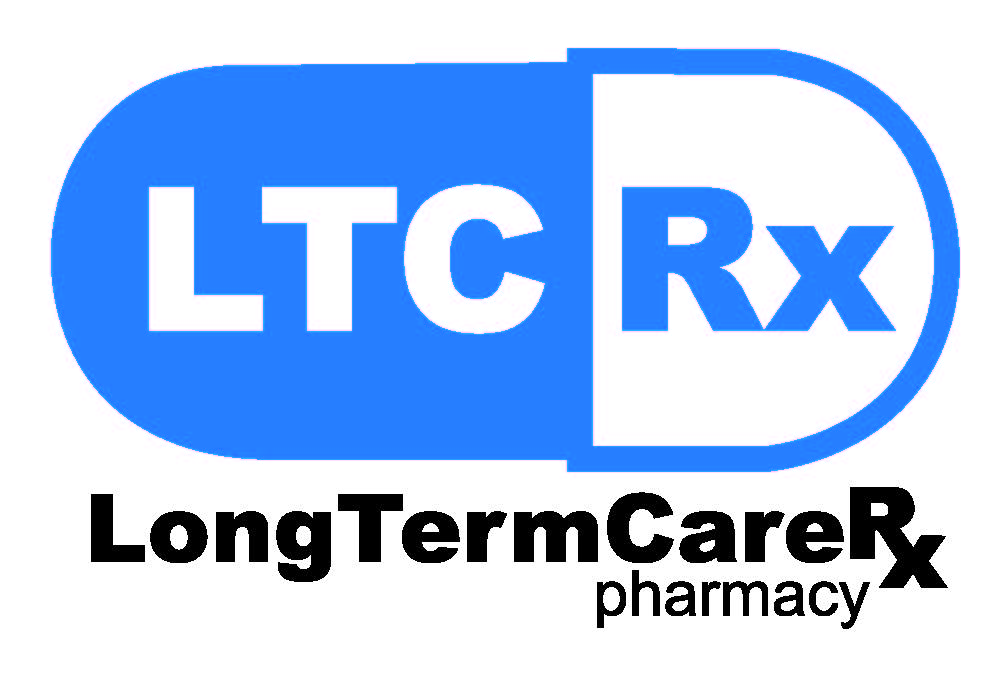My first memory of the country’s “war on drugs” was during Nancy Reagan’s campaign against the drug epidemic. I still remember Red Ribbon Week. As a pharmacist, I learned first-hand how the DEA tightly regulates prescription control substances. I learned the upmost importance of ensuring that every single control substance in the pharmacy is logged and accounted for, and rightfully so. Today, I read about how Fentanyl (a prescription pain medication) laced heroin deaths claim so many lives that paramedics run out of Narcan (narcotic antidote) to revive them.
As a consultant pharmacist, I see this drug war spill over into the nursing home. I’ve learned to never interrupt the nursing staff while “counting narcs.” I hear the panic when the count is “off.” I’ve heard the details of drug diversion by staff and even residents.
The result of all this regulation of control substances? Better safeguards against diversion, yes. An understanding of the utmost importance of regulating these agents, yes, but also an unmistakable perception by many nursing staff that narcotic medications, particularly pain medications are bad. I hear the remarks about residents who are just “drug seeking” because they frequently request pain medications, in one case, in reference to a 94-year-old woman with breast cancer. I hear the remarks to the residents “you just got your pain pill two hours ago and have to wait at least 2 more!” instead of saying, “let me call your doctor because you may need something stronger to treat your pain.” I see the residents wheel themselves away, rejected, still presumably, in pain.
I think we as a medical community treating nursing home residents have become so tight fisted about narcotic pain medications that we forget or don’t even bother to understand WHY someone might need them. It’s no wonder that it has been reported that 45-80% of nursing home residents have substantial pain that is undertreated. It’s no wonder that the Centers for Medicare & Medicaid Services developed a pain management quality measure for nursing homes.
What can we do as nursing home medical professionals? Remember the “both/and” approach. We need to BOTH ensure that control substances are properly secured and accounted for to keep them out of the hands of people who shouldn’t have them AND make sure that we get pain medication to those who should.
Pain is widely undertreated in our elderly and there is no reason that they should suffer because of our war on drugs.
Alicia A. Timko, PharmD
Consultant Pharmacist
Long Term Care Rx Pharmacy
